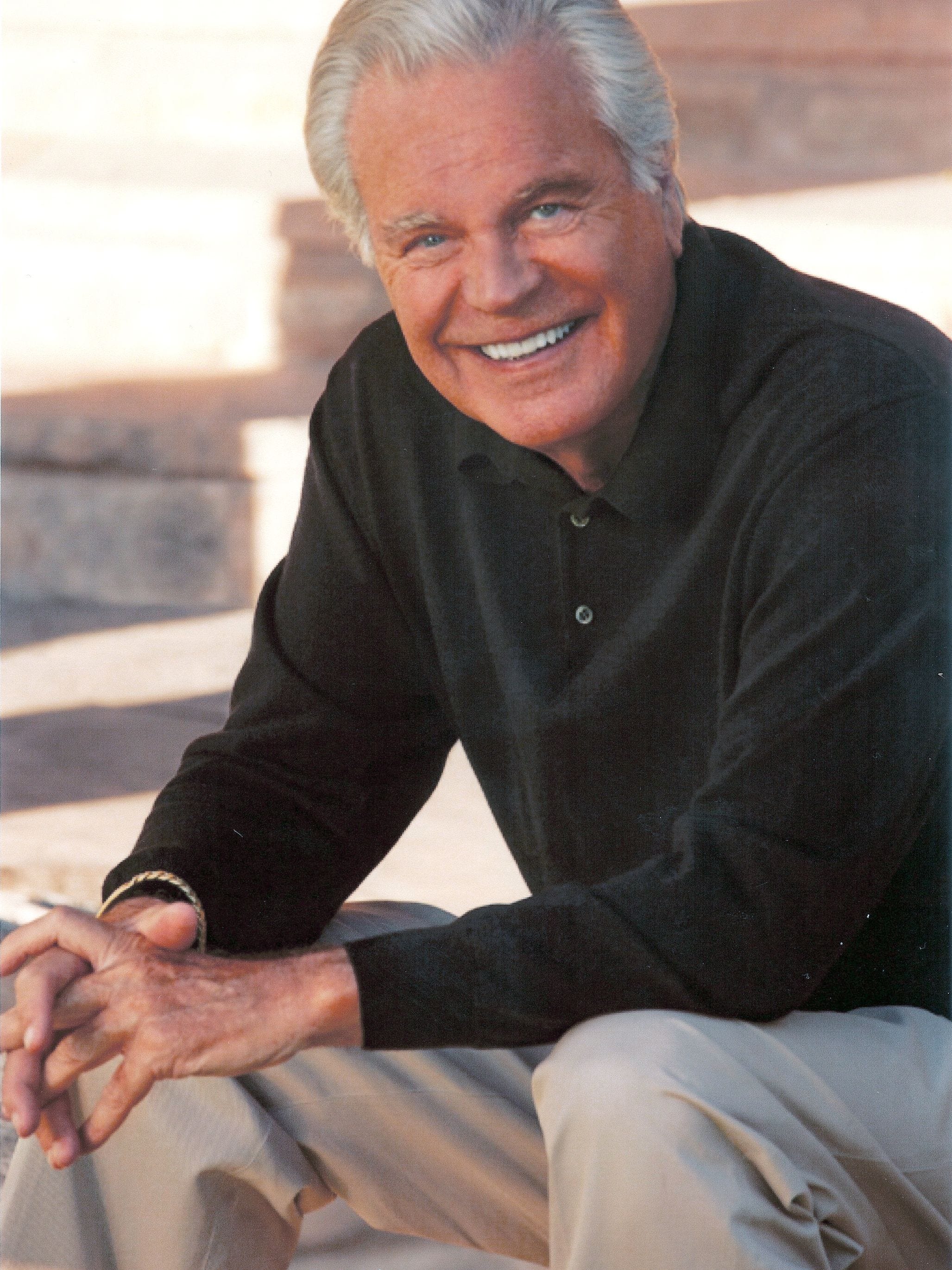
This is Part 2 of an interview with Robert Wagner, click here to read Part 1!
Larry Weidel: It’s easy when you’re the leader and you’re in charge to take things for granted when people are really doing an outstanding job.
It doesn’t take a whole lot to really let people know you’re noticing and you appreciate it.
The smile, the extra gesture, the extra comment on a regular basis really can transform the whole project. Don’t you think?
Robert “RJ” Wagner: Oh, absolutely.
People need to stop for a moment, take a look and see where they are.
Everybody’s so conscious of time, and time costs money, but sometimes it’s very important to just say, “Hey, let’s hold for a second and take a look at where we’re going.”
I think that’s so important.
LW: One thing I noticed about you is you’re flexible.
You’re open to input from other people.
I think a huge point is when Lew Wasserman came to you, you were dead set about not doing TV and he kind of tricked you into doing that.
That’s what you said in the book.
You had a movie you wanted to do, and he thought you’d be great for the TV show “It Takes a Thief”.
Then he said, “Well, just do it. If it’s not any good, I’ll fund your movie.” Or something like that.

It shows you how he got to where he was in life.
He knew how to communicate that to you to get you to take a chance on it.
RJ: Yeah and thing with that was, Larry—I believed him.
I think it’s important for a person to have that kind of faith and not be too oblivious to someone’s feelings.
I felt that Lou was really very honest about that.
I believed him—that’s an important thing—to have faith in people and to be able to read them.
LW: Was there anything in particular about him and the way he went about it that caused you to believe him?
You just knew he had credibility with you. You had a previous relationship—that type of thing, you knew he was good at evaluating projects.
RJ: Yeah.
He was a very knowledgeable guy about business and about all of that.
He believed in me and I felt that—and that turned out to be true.
It worked because I believed him. I didn’t take an attitude of what the hell is he trying to do? Is he trying to take me out of the movie business and put me in television?
I didn’t have those kinds of feelings. I had a different thought about that. I thought hey, this man really cares about me and maybe he’s right.
And he was right.
LW: Character is the element that’s really glossed over too much and not talked about enough.
Being the kind of person that lives your life in a transparent and honest way, people can count on you because you have character. You have beliefs.
You’re not all over the place. This goes back to that emotional intelligence thing.
You have consistency. You care about other people around you.

That creates an element of trust. If you don’t think the person has any character, you’re never going to trust them.
You’re never going to trust their ideas. Are you?
RJ: No, I don’t think you are.
[bctt tweet=”If you don’t think the person has any character, you’re never going to trust them.” username=”LarryWeidel”]
LW: I think that might be a hidden reason why you’ve been so successful in so many different vehicles that you’ve been in.
When you get on the set, people know they can feel comfortable around you.
They know what they’re going to get—a positive and professional quality person to work with. This allows them to be at their best and not have to hold back.
It’s hard to do that with people who show up with issues and have polluted backgrounds. You don’t know which one of them is going to show up on the set that day.
We’ve had CEOs at our companies that were very good, but they were also very mercurial. Somebody could stand in front of them on the elevator, and then we’d find out the CEO was offended, and they would get fired 15 minutes later—or something equally outrageous. As a result, the CEO didn’t last long.
That’s an element that basically paralyzed the organization because people were afraid to do or say anything.
There’s a comfort level—and this is what I was talking about earlier—how different directors go about creating that comfort level . . . how you get into a comfort level and a rhythm when you get to a new set.
I bet that starts with that word we used earlier, pre-production.
I bet you don’t go to a lot of places that you don’t have a good idea of what that situation is going to be like before you go.
RJ: Well, that’s true.
You’d like to have that element laid out for you because it saves so much time.
I’m talking about emotional time.
You know, it makes a difference.
LW: I bet you show up on the sets, not only sold on the material but sold on the people. You have an expectation that the experience is going to be a positive experience for you.
Would that be true?
RJ: Yes, that is very true—that’s very well put.
I do have those feelings.
[bctt tweet=”It’s easy when you’re the leader and you’re in charge, to take things for granted when people are really doing an outstanding job.” username=”LarryWeidel”]
LW: That ties right back to preparation.
Preparing yourself, winners—and especially Serial Winners—they know how to set themselves up for success and get themselves into situations where they can excel and go in with confidence.
So, when you say the word preparation, it encompasses all of those things, doesn’t it?
RJ: That’s very true, Larry.
LW: The great thing about your career, RJ, is that you’ve personified so many of these winning traits.
You set a track—and if people want to succeed in business or entertainment, there are so many lessons that you have laid out for people.
[bctt tweet=”Winners—especially Serial Winners—know how to set themselves up for success and get themselves into situations where they can excel.” username=”LarryWeidel”]
Correct, positive paths for people to follow if they want to have success after success because of the example and the career you’ve had.
Did you find a lot of these patterns extended over when you started businesses outside of the entertainment industry?
RJ: I’ve just kind of gone along with my career and my life and tried to keep it going. As I said in the book, just get up to the plate and swing at it and see what’s going to happen.

I’m not a guy that analyzes a lot of this stuff. I like to be in the moment.
I’m looking at what the whole overall picture is like and the people that are in it and their attitudes and behaviors.


